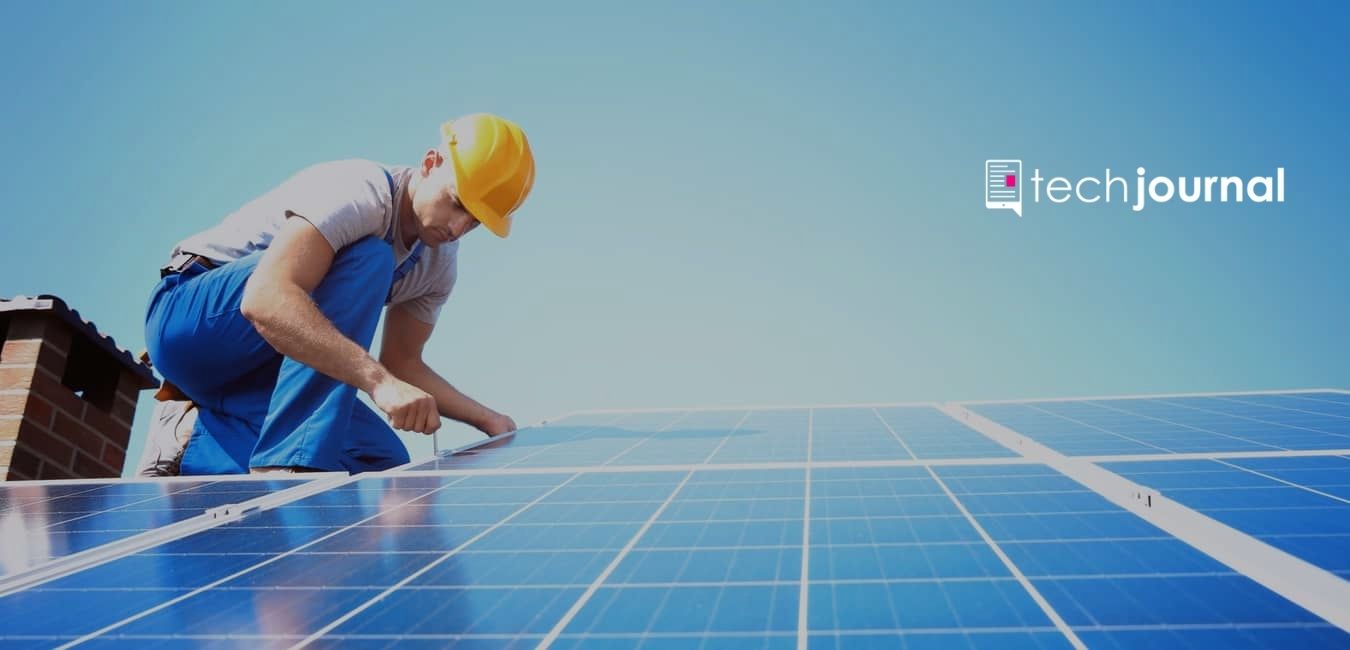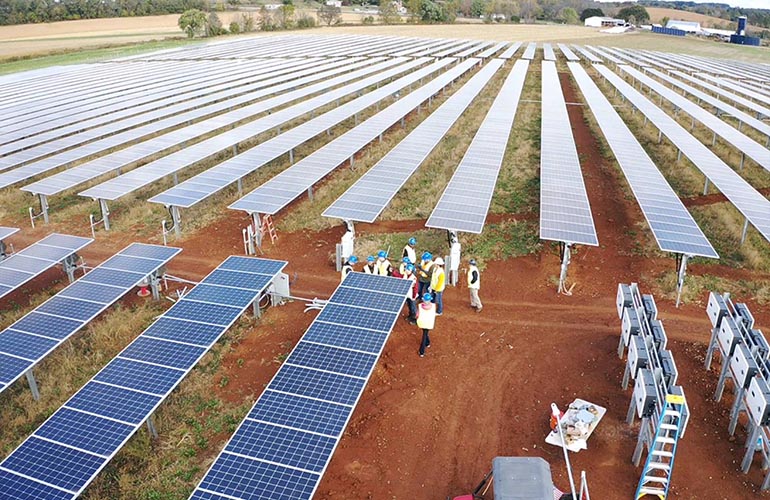
It is the same problem for renters as homeowners: a split incentive. Since renters don't own the property they won't be able to reap the financial benefits of installing solar panels. Renters rarely stay long enough to enjoy the solar panel benefits. This split incentive issue is a huge obstacle for renters to get solar.
Community solar
Many renters do not have the space to install a solar system on their roof, so they can benefit from community solar projects. These programs offer renters a way to reduce their utility bills and improve the environment. It is becoming a more popular trend to offer community solar in more areas.
A community solar project is usually a partnership between a utility and a third party. Sponsors purchase solar panels from third parties, while subscribers sign leases or power purchase agreements. The subscribers pay a monthly lease fee to sponsor and get credits on their utility bill.

Portable solar panels
If you're renting an apartment, condo, or room, you can save money on your electric bill by setting up a portable solar panel. These panels can be placed on a roof or window and provide power for multiple devices. The panels typically produce about 0.3 to 1.5 kWh of electricity per day, which is more than enough to power a few small appliances. You can also get power from portable solar panels with battery storage.
The portable solar panels that can be rented are different from the residential panels, which must also be mounted on rooftops. However, rooftop solar panels can be more efficient and may be used for larger systems. Renogy provides a variety portable solar panels to rent, as well a range of kits for homeowners.
Feed-in tariffs
Los Angeles Department of Water and Power now offers renters feed-in tariffs. Customers complained that net-metering was not a good program and resulted in poor service. The pilot program is limited to 30-50 participants, but officials plan to expand it in the future. California expects the program to create thousands upon thousands of jobs.
A feed-in tariff is designed to encourage renewable energy production. Producers are paid above the market price. These programs are popular in many countries, including Germany. They offer renters both an energy guarantee and a long term contract.

Permitting
Certain considerations are required when renting solar. You must first ensure that your property is zoned to allow solar panels. This is done via the Department of Planning and Zoning. Next, you must determine which permits review process you should follow. It is important to be familiar with the requirements of your local building code.
Costs
You may be interested in solar panels if you rent your home. While it's possible to lease solar panels, they are more expensive than purchasing them. Additionally, you will not be eligible for incentives offered by the government or local governments. Additionally, many leases come with escalator clauses that can lower your savings. For example, if a solar panel costs 12c per kilowatt, you'll pay 18.2c per kilowatt in 10 year time.
Renters have a few options to offset the solar cost. Many options for solar leases include rent increases as well as solar feed-in tarif credits. Rent increases will vary depending on the size and value of your solar project.